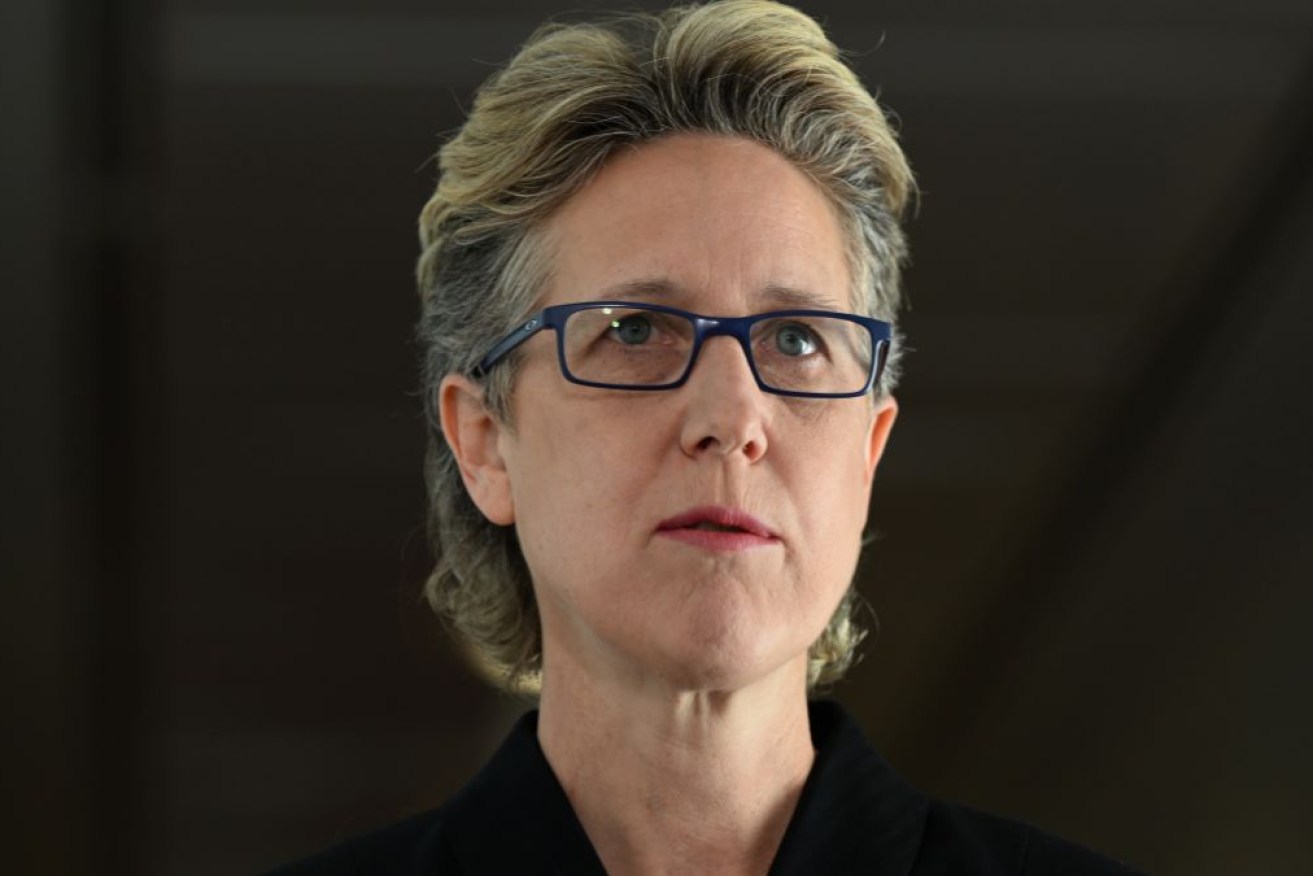Inside the ACTU push for bigger wage increases in female-dominated industries


Sally McManus and the ACTU are pushing for a larger pay increase in women-dominated industries. Photo: AAP
The boss of the Australian Council of Trade Unions (ACTU) says women with jobs in sectors like early childhood education and home care deserve a bigger pay rise than other workers because they have been undervalued and underpaid for too long.
Speaking to The New Daily, ACTU secretary Sally McManus said pushing the Fair Work Commission to address gender inequality by awarding workers in industries dominated by women a larger pay increase was right because they had missed out in the past.
“Other care industry workers, like aged care and community and disability workers, have already been awarded equal pay increases and these ones haven’t,” she said.
“In the case of early childhood educators, it’s over 90 per cent women, but any man working in that field will also benefit because they are also penalised and undervalued.”
In their submission to the Fair Work Commission, the ACTU argued that workers in these industries should get at least a 9 per cent pay rise, while all awards should receive at least a 5 per cent increase.
McManus said the early childhood education industry cannot keep employees because “those workers can get paid more stacking shelves at the supermarket”.
“They’ve got to be qualified and have an enormous amount of responsibility,” she said.
“The skills involved in that sector are considerable.”

McManus said people in the early childhood education sector could earn more money working at a supermarket. Photo: Getty
The Fair Work Commission’s annual wage review will decide on award and minimum wage changes ahead of the 2024-25 financial year.
Major pillars
Sara Charlesworth, emeritus professor at RMIT University’s College of Business and Law, said early childhood educators and home care workers are two major pillars of Australia’s care infrastructure.
“In home aged care, there are critical staff shortages because of low pay rates,” she said.
“We tend to forget this, but it also has very poor working time protections that are set out in the relevant awards.”
She said changes made by the Albanese government to the Fair Work Act have created the opportunity for the ACTU to push for a larger pay increase in the home care and early childhood education sectors.
“The problem we have at the moment is that in both the early childhood education and aged-care sector, we’ve seen a real shift towards what we call marketisation,” Charlesworth said.
“It’s a reliance on the mythical market to use competition between providers to produce not only quality care, but also quality jobs, and that kind of fantasy has been disproven.”
The changes included a requirement to ensure that gender equality in the workplace is achieved through equal remuneration for work, eliminating gender-based undervaluation of work and providing workplace condition that facilitate women’s full economic participation.
Direct impact
The average total remuneration gender pay gap in Australia, which calculates the difference in earnings across all employee types, currently sits at 21 per cent, meaning women earn on average $26,393 less a year, according to data from the Workplace Gender Equality Agency.
McManus said the federal government has made huge steps forward in terms of women’s equality over the past 18 months.
“They have brought in paid family domestic violence leave, stronger rights for people to ask for flexible work arrangements and better equal pay laws,” she said.
“That is part of the reason why we are having this push for equal pay for these workers.”
Australian aged-care workers were awarded a historic pay rise of up to 28 per cent during the year, with most seeing an increase of about 15 per cent.
Charlesworth said evidence from the aged-care sector before the Fair Work Commission showed the 15 per cent wage increase, which came into effect in June last year, “had a material impact on keeping existing staff”.
“We need to not only boost weekly wages, that in effect is an hourly increase of 9 per cent, but also make sure that workers are able to work the hours they want,” she said.
“That to a certain extent would also help address staff shortages in both sectors, but employers seem to have a preference for employers on short-hour contracts, much the same way they do in the retail sector.”








